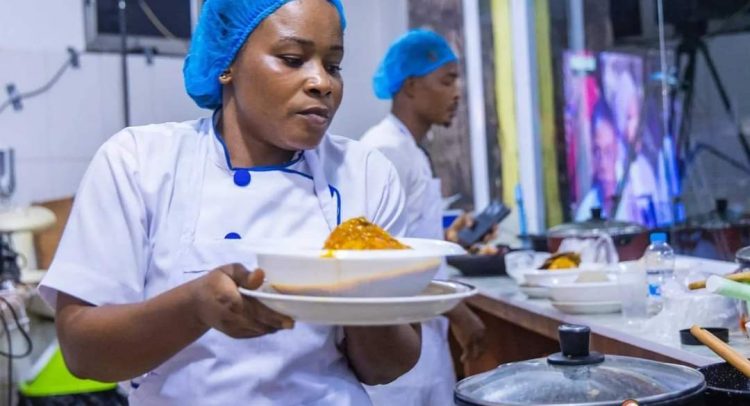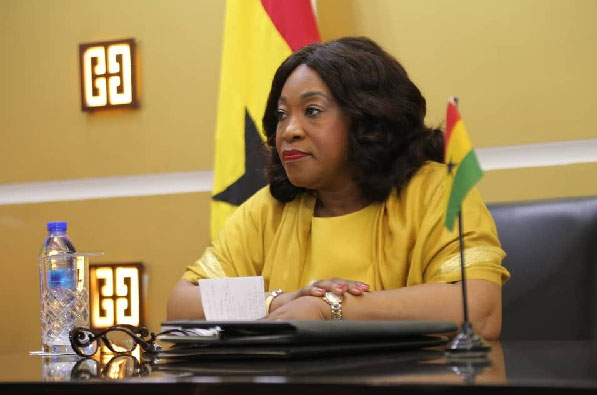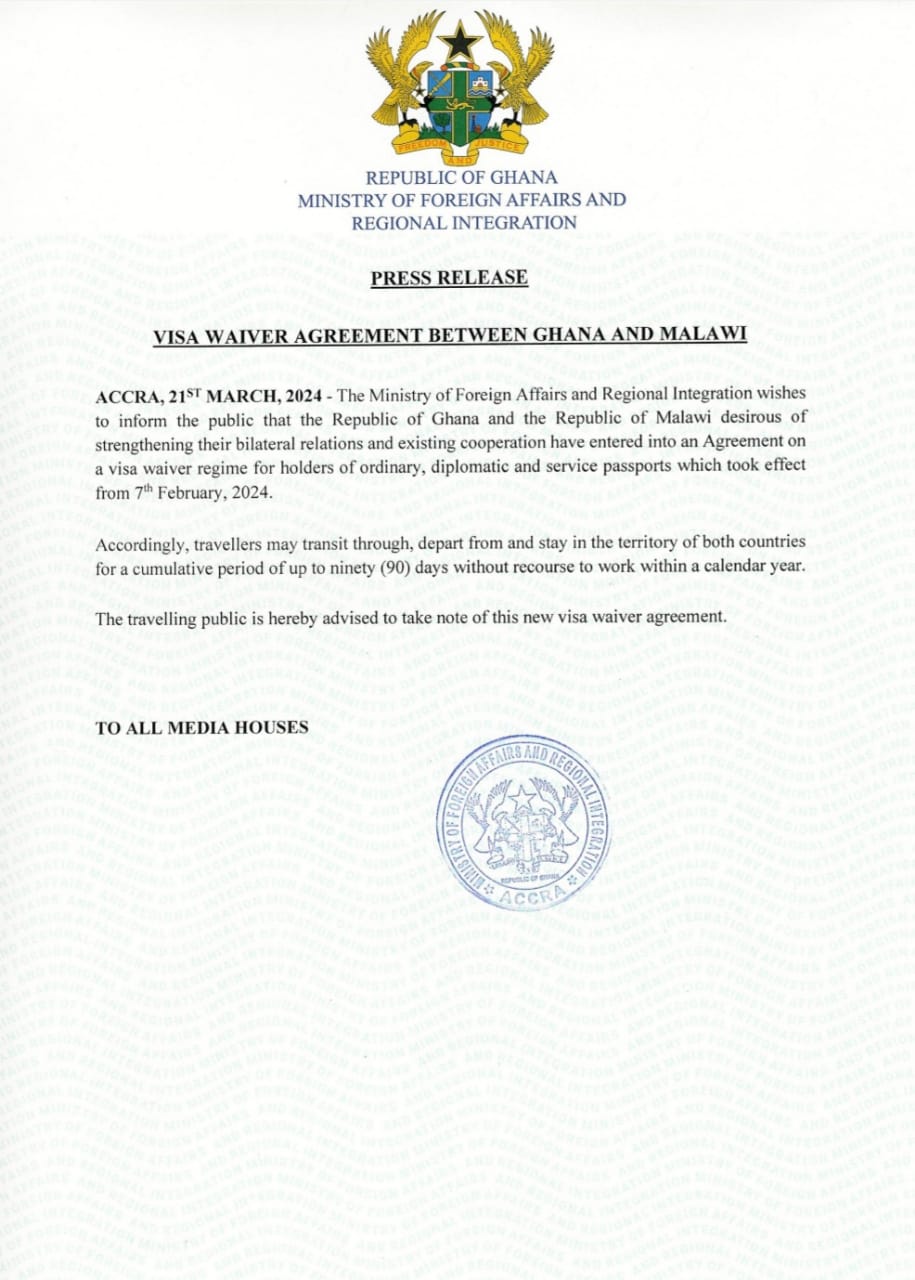
More than 10 years since Ghana signed an undertaken to commit two per cent of its annual health budget to research in the sector, the allocations are yet to be made.
The "Abuja Declaration" developed by the World Health Organisation (WHO) in 2001, saw Ghana as part of other African countries sign an agreement which enjoined them to increase their annual budget in health to at least 15 per cent, out of which two per cent should go into in-depth research in the field.
However, speaking with the Ghanaian Times on the sidelines of a high-level stakeholder meeting of African researchers and scientists in Accra yesterday, the Director of Research at the Ghana Health Service (GHS), Dr Abraham Hodgson indicated that though successive governments earmarked the said amount in their annual budgets, the money was not made available to researchers in the sector.
"It has been difficult operationalising the two per cent commitment to support research in the country. We still budget for it. It is always mentioned in the annual budgets but somehow there is a challenge doling out the money so for lots of the research we do, we have to look for money from external sources," he lamented.
The meeting, held under the auspices of the European and Developing Countries Clinical Trials Partnership (EDCTP), a health response organisation, was to help bridge existing gaps in health research while equipping African governments to take leadership and ownership in research processes.
With representatives from about 17 African countries, the two-day meeting was also to initiate a strategic policy plan to strengthen each country's national health research systems to realise Goal three of the Sustainable Development Goals (SDGs).
Dr Hodgson who expressed hope of an improvement in the current situation said, in the interim, steps needed to be taken to coordinate research conducted by different bodies in the health sector so as to ensure that "we are all working towards addressing the same agenda."
The Director-General of the GHS, Dr Anthony Nsiah-Asare in an opening address admitted an overall "weakness" in national coordination and harmonisation of health research in the country particularly "at the policy-making level."
He nevertheless pledged the country's commitment to support research works as "there are excellent individual and institutional capacity to direct, set priorities, coordinate and review health research in the field of academia and our health institutions."
Dr Nsiah-Asare added that "research played a significant role in shaping policy and improving implementation of health programmes to provide empirical data to address challenges in our society and must be well harnessed."
The Development Capacity Manager of EDCTP, Dr. Thomas Nyirenda on his part noted that the absence of a national research agenda by most African countries made it susceptible to contracting avoidable diseases.
He said, the EDCTP aside providing grants to African countries to promote research in health, would build the capacity of countries to implement cut-out strategies to improve coherent research that would suit the health needs of the citizenry.
"The World Health Organisation (WHO) has developed a tool, the National Health Research System Barometer which is a questionnaire to assess participating countries after this conference to know where each state lies in terms of the health research capacity.
They will be ranked in their progress and in instances where a country is facing difficulty they will be assisted to address them," he said.
Read Full Story




















Facebook
Twitter
Pinterest
Instagram
Google+
YouTube
LinkedIn
RSS